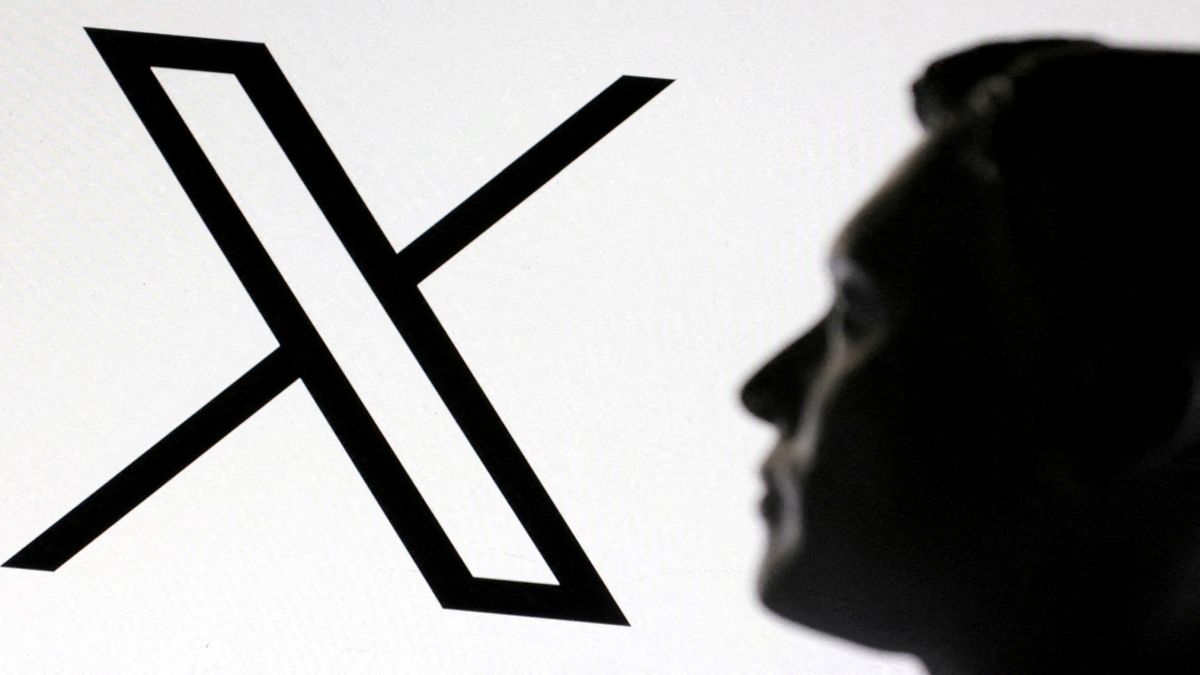Not one, not two but three — Elon Musk-owned X, the social media platform, suffered a series of outages on Monday (March 10), disrupting access for thousands of users across the world.
According to Downdetector, an online tracker of service outages, the first disruption started around 3:30 pm IST, a second spike occurred at 7:00 pm IST and a third one at 8:44 pm, leaving people unable to access the app or website across different regions.
Amid the disruptions, Elon Musk, the owner of the platform, said, “There was (still is) a massive cyberattack against X. We get attacked every day, but this was done with a lot of resources. Either a large, coordinated group and/or a country is involved.”
Later, the X owner said to _Fox Business Network’_s Larry Kudlow that the attackers had “IP addresses originating in the Ukraine area” without providing further details or evidence of it.
However, shortly after Musk’s statement, a hacker group known as Dark Storm Team claimed responsibility for the attack. Here’s what we found out about them and the outages at X.
X goes down for users
On Monday, thousands of X users began complaining when they were unable to log in to the social media platform. This occurred twice over during the day, causing huge disruptions across the world.
The outages affected users in major countries, including the United States, India, the United Kingdom, Australia, and Canada. Over 40,000 users globally registered complaints of service interruptions.
At the end of the X outages, Downdetector reported that 56 per cent of users faced problems with the app itself, while 33 per cent encountered issues on the website. Another 11 per cent reported trouble with server connections.
As X users complained and grumbled about the disruptions, an anonymous source informed Reuters that X had been hit by multiple waves of DDoS attacks. A Distributed Denial-of-Service (DDoS) attack is a cyberattack in which multiple compromised systems flood a target, such as a website or server, with excessive traffic, overwhelming its resources and making it inaccessible to legitimate users.
Musk points fingers at Ukraine
Elon Musk , the owner of X, also confirmed that the platform was facing trouble. He believed “a large, coordinated group and/or a country is involved”. Soon after the platform was up and running, he began responding to other users who speculated about the disruptions.
For instance, when one user posted, “They want to silence you and this platform”, Musk responded: “Yes.”
He even later told Fox News during an interview, “There was a massive cyberattack to try and bring down the X system with IP addresses originating in the Ukraine area.”
However, other cyber experts said it was too early to tell if an attack caused the issues. “One of the things that should always be taken with a grain of salt is any statements made in the short period of time, immediately after, or even in this case during an attack,” said Eric Noonan, CEO of cybersecurity provider CyberSheath, to CNN.
Nicholas Reese, an adjunct instructor at New York University’s Center for Global Affairs and an expert in cyber operations, also doubted if the attack was a result of state actors. “There are essentially two types of cyberattacks — some are meant to be highly visible, while others are designed to be stealthy,” he explained. “The most valuable attacks tend to be the quiet ones. This incident was clearly meant to be noticed, which almost certainly rules out state actors. The benefit they would gain from such an attack is minimal.”
Dark Storm Team claims responsibility
While Musk began pointing fingers at Ukraine, a hacking group known as Dark Storm Team claimed responsibility for the outages on X. The pro-Palestinian group on Telegram claimed responsibility for “taking Twitter offline”. The group shared a screenshot of a real-time connectivity status page that displayed failed connection attempts from various locations around the globe.
Founded in 2023, the group is known for its sophisticated cyber warfare attacks and successful attacks on high-security systems. It is also believed to have a pro-Palestinian focus. In fact, last month, the group vowed in a post to unleash a wave of cyberattacks on the government websites of Nato countries, Israel and nations that support Israel.
In the past too, Dark Storm has successfully attacked critical infrastructure, including Los Angeles International Airport (LAX), Haifa Port in Israel, and the UAE’s Ministry of Defence.
But how did they allegedly attack X? According to a report in Crypto Times, the hackers used a multi-layered DDoS attack to overwhelm X servers. However, this wasn’t a simple flood of traffic. The hackers used a botnet of hijacked devices, including compromised personal computers and IoT devices like smart cameras and routers.
Internet sleuth SypoSecure even told Decrypt later, “It’s one of the bigger attacks I’ve seen from the group lately. The website should have better security to prevent an attack like that from happening.”
It isn’t clear why the group targeted X, but cybersecurity experts believe it could be linked to global political tensions. Some believe it was retaliation against US’ pro-Israel stance while others note that it was primarily a way to send a powerful message.
Whatever the case, it’s clear that they wanted attention, and they got it.
X’s loss, Bluesky’s gain
And as X encounters outages on Monday, Google searches for Bluesky soared. Google Trends revealed that searches for the new social media app, which was designed to replace the Musk-owned platform, more than doubled since the same time on Sunday.
BlueSky became an independent company in 2021 and opened its doors to the public in February 2024. As of January 2025, there were over 30 million users on the app, a number that’s continuing to grow as X users turn away from the platform.
With inputs from agencies
)